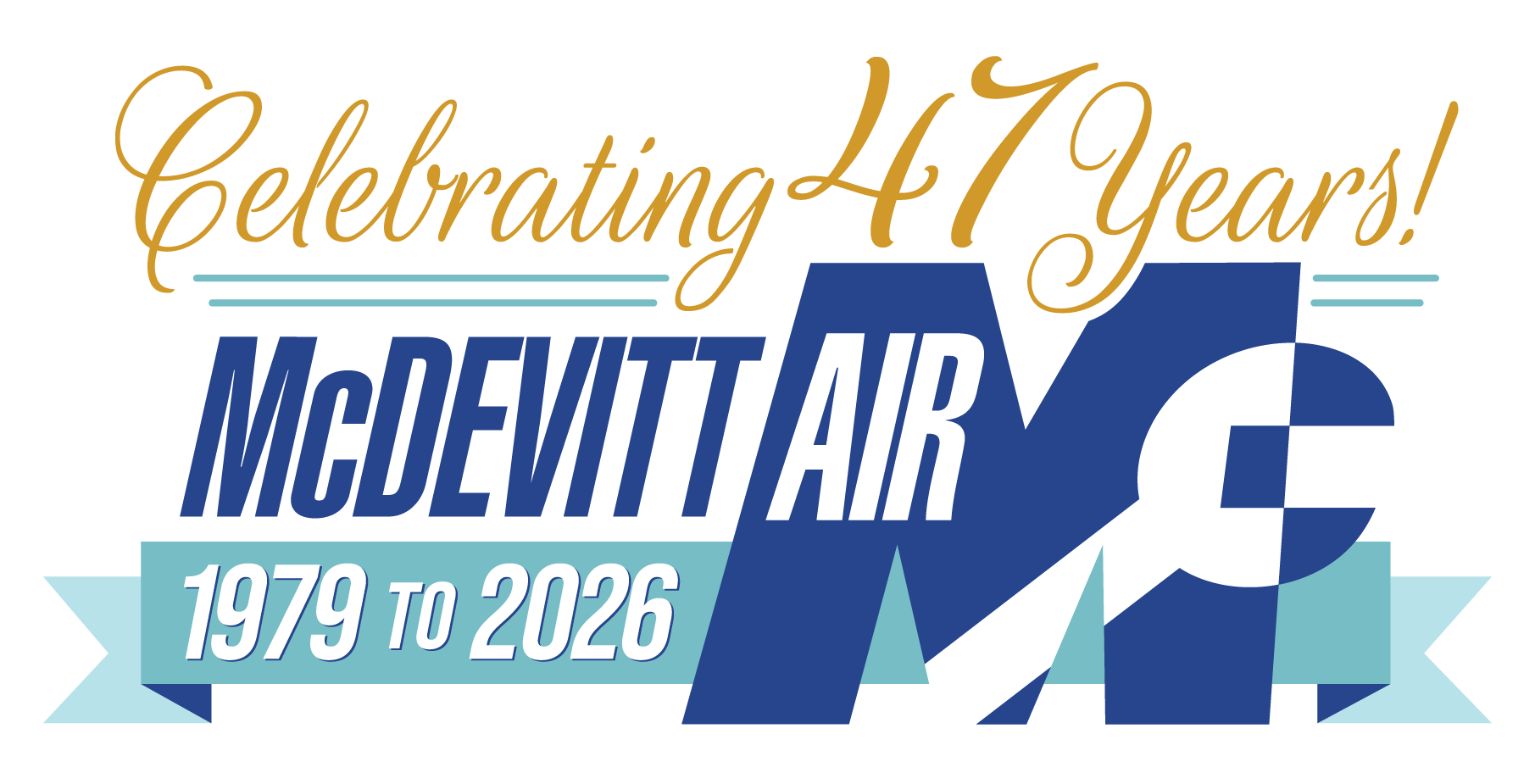Air leaks are like holes in your pockets – a huge chunk of the money spent on utility bills is escaping through them without you even knowing. For Georgia homeowners looking to prevent costly air leaks, you need to know how to spot these leaks and prevent them.
Perform a Visual Inspection
The first defense against air leaks is to walk around the interior and exterior of your home looking for gaps, old caulking, and other draft sources. Single-paned windows may also show signs of damaged glazing, which is a hard putty you’ll be able to spot near the frame. Note any damaged areas around your home that may be contributing to heat loss, and seal them up with fresh insulation, caulk, or weather-stripping.
Perform a Smoke Test
Some drafts aren’t easily spotted with the naked eye, which is where smoke comes into play. This test requires an incense stick, but you’ll need to make sure all of your home’s doors and windows are shut and that any combustion appliances like the water heater or furnace are turned off. You’ll also want to shut off the HVAC for this test. Take the lit incense stick around your home and hold it in front of common sources of air leaks. These include windows, doors, outlets, vents, registers, and seals. If the smoke wavers, you’ve got an air leak.
Measure Ambient Air Temperatures
Another option for finding air leaks is to use what the pros use: an infrared thermometer. This is a non-contact thermometer that measures surrounding air temperatures and can alert you to any air leaks. The infrared will register colder temperatures in the most vulnerable areas, allowing you to narrow in on the problem with less work.
Call in the Pros
A professional home energy evaluation can spot problems you may be unable to look for, but it doesn’t stop there. Professional technicians can give you advice on conserving energy to reduce those high utility bills. They can also perform routine maintenance and repairs on your HVAC system, because an efficient, well-maintained system translates to reduced energy costs.
Call McDevitt Air at (877) 692-9402 to learn more about our energy-saving services.
Image provided by Shutterstock


